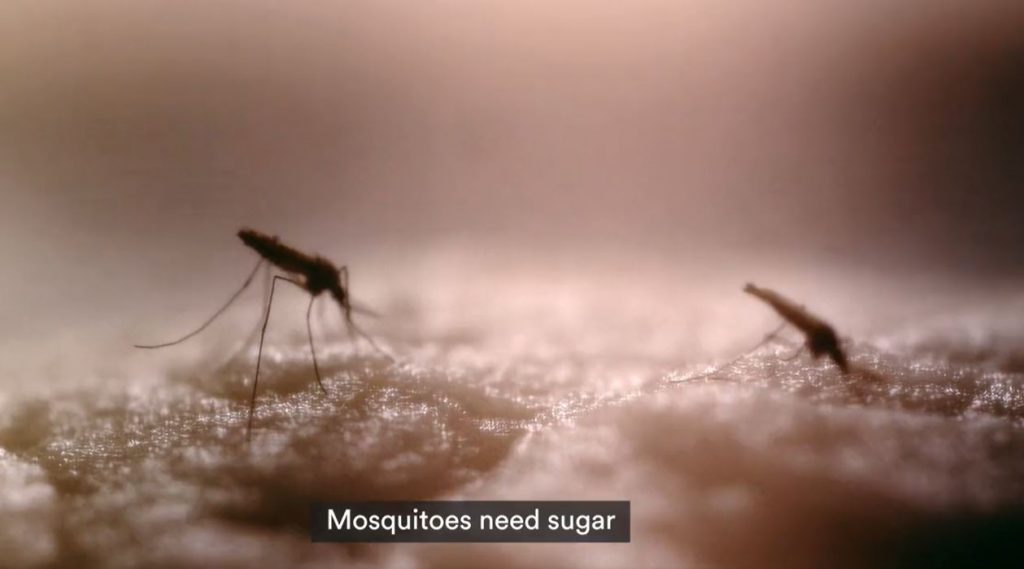Mosquito season is almost here and we think we’ve spotted innovation that may just be a mosquito’s achilles heel.
We’ve spotted a new tool that’s supported by Bill Gates which may put an end to Malaria and that unwanted mosquito issue.
No ad to show here.
Maybe not a complete stop to the mosquito issue, but we’re certain that this tool should at least make things a lot easier.
Known currently as “sugar bait” by locals in Zambia, the tool is being tested as a possible solution to Malaria, a disease caused by a parasite and spread to human’s through bites of infected mosquitoes.
“Mosquitos need sugar just as much as they need blood,” said Kafula Silumbe, senior program officer at the PATH Malaria Vaccine Initiative Programme.
A non-profit orgnaization driven to find transformative innovation to save lives.
“For a mosquito, it’s like chocolate. They are attracted to sugar because they need energy to fly.”
The device will be a game changer according to Silumbe.
“The sugary part is what attracts the mosquito. For a mosquito to die, it would need to land on the bait station, pull out the toxin and that toxican will then kill it.”
With the ongoing battle against Malaria in several parts of Africa, this new innovation may just be an answer many have been waiting for.
The device hopes to end the current public health issue by supplementing already used methods to combat
Malaria.
The device will be placed outside homes as researchers noted that mosquito’s had become smarter, to target victims outside their homes in order to avoid in-house insecticides.
The sugar baits will be mounted at different points outside homes for mosquito’s to be drawn to the trap.
Mosquitoes need sugar more often than they need blood – it’s their Achilles heel: https://t.co/hwGKTPSDjH pic.twitter.com/NfJJY36MTx
— Bill Gates (@BillGates) August 16, 2022
In the footage, it is explained that mosquitoes like sugar as it assists mosquito’s with energy, while the blood sucked from human’s is most likely used for their young.
Malaria continues to be an ongoing crises, with people usually feeling sick with soaring temperatures as symptoms.
The disease is common in tropical and subtropical countries.
According to Mayo Clinic study, each year nearly 290 million people are infected with Malaria and more than 400 000 people dying from the disease.
Currently there are drugs, protective clothing, insecticide, and bed nets to protect people from bites. These however do not seem to be lessoning the disease.
This tool may just be the antidote to the disease with a possibility to save many in the future from those unwanted bites at home.
Also read: WATCH: Here’s how to hum, search that song in your phone
Feature image:
